SERIES REVIEW – Geralt and Ciri’s heartfelt relationship comes face to face with political gamesmanship in the third season of The Witcher. Netflix’s series far exceeds expectations, in many ways both breaking and evoking traditional elements of the fantasy genre, which could be the key to its success for fans of both novels and games. However, the first half of the new season (the second comes at the end of July) is very different from the previous ones, trying to cram in too much and seeming to cast a “mouthing” curse on all the heroes.
Just like an infinitely complex jigsaw puzzle, each piece of which probably comes from a different universe, the third season of Netflix’s “Butterflies” series is about to begin. One is tempted to wonder what it would be like if the creators had created a deeper, less tangled world rather than a labyrinth with a new character popping up out of nowhere around every corner.
If anyone thought the first two seasons of the “Butter” series were complicated, just brace yourself, because the third season has decided to surpass its predecessors. I have to note that at times it almost felt like watching a big, complicated soap opera where the characters have nothing to do but explain the workings of their world at length one after the other.
Intrigues and complications? The series is a little too faithful to the novels…
The Witcher can take on the best fantasy TV series, but in its third season, the series’ monster-hunting antics have almost overplayed what was a relatively good formula. Netflix’s thoughtful and often thrilling adaptation of Andrzej Sapkowski’s Witcher novels, of course, brings all the baggage and court intrigue of previous seasons. And while this was never a series that was going to hold viewers’ hands, even seasoned viewers will struggle to keep up with the season’s knottier twists and even more bloated character roster – so much so that they’ll yawn through the frequent digressions to the ponderous chatter about plot development just to get to the fun parts. Still, every time Henry Cavill pulls out his silver sword and starts slicing up a particularly hideous-looking monster – and this season boasts one or two so far – it’s clear that The Witcher still knows how to thrill its fans. Season 3 is bigger and more confident than ever, and it should be.
With so much at stake in its world, Season 2 made sure we didn’t forget about the more distant apocalyptic threat that is none other than The Wild Hunt from The Witcher 3 video game, which of course also keeps the series as faithful to its source material, the novel, as ever. And as an adaptation of Sapkowski’s The Time of Despise, the second book in The Witcher saga, The Witcher 3 season is certainly faithful. Too faithful? There’s an argument for that, too.
Much talk is short of substance
The main problem is that almost everyone talks too much in The Witcher – at least in the first five episodes of season 3, since that’s all we’ve seen so far. Life on the continent hasn’t gotten any less complicated since we last saw Geralt of Rivia (Cavill), Cirit (Freya Allan) and Yennefer of Vengerberg (Anya Chalortra), and the characters who populate the world certainly talk about it at length.
There’s Aretuza, Yennefer’s former wizarding school, where cunning wizards (and Triss Marigold, played by Anna Shaffer) try to uncover a gnome conspiracy. The Elves of Scoia’tael are on the rampage in the North, following a brutal death in the family of Francesca Findabair (Mecia Simson). Season 2 reveals that Ciri’s former hedgehog-headed father, played by Bart Edwards, is not dead at all, but is in fact the hotshot Emperor Emhyr that everyone is talking about (Emhyr is much younger, handsomer and cooler than in the video game, where the character was voiced by the actor Charles Dance). Over in Redania, we meet the silly Prince Radovid (Hugh Skinner), brother of the increasingly annoying King Vizimir (Ed Birch), who tries his hand at politics at the old college with the help of spymaster Dijkstra (Graham McTavish) and wizard Philippa Eilhart (Cassie Clare). With power on the continent – political or otherwise – everything changes. For anyone who wants to survive and thrive in this madness, Ciri and her ‘Elder Blood’ power is the key.
The Witcher is still a good series rather than a great one
The Witcher rewards lore-trained viewers with wikipedia snippets and intricate conspiracy-map plotlines – while the Netflix adaptation still does too little to showcase sword and sorcery or bloodthirsty monsters (which Geralt hunts).
For the casual viewer unfamiliar with the novel or the plays, there are solid plot threads loaded with rich potential, such as the character of Prince Radovid, who may even be a larger format in the second half of the season and who clearly hides cunning behind a weak mask of incompetence and feigned stupidity, with which the aggressive Dijkstra – who is not nearly as clever as he thinks he is and was in The Witcher 3 – says things like “Prince Seed Waste” to him. But The Witcher has developed a striking rhythm in its storytelling – we’re shown something visually exciting, mysterious or meaningful, only to spend the next four or five scenes with people who want nothing more than to moan about it. This constant, almost obsessive insistence on covering the basics of storytelling consumes precious energy, which remains one of the main reasons why The Witcher remains a good series rather than a great one.
Another problem is that with such a large cast, all this plotting and scheming makes Cavill, Allan and Chalortra – the trinity that holds the whole production together – as lost as in previous seasons. And somehow, even more of the cast have secret ambitions than I just mentioned; most of them want to have Ciri for their own for sinister reasons at times, so at least Ciri remains a topic of discussion. But we haven’t even talked about Jaskier (Joey Batey), once one of the series’ highlights, who now wears a ridiculous wig and is so often dragged from one predicament to another that it’s easy to forget that this swaggering, often hysterical, but great-voiced bard used to be fun to watch – especially when he sang.
Cavill is the real Geralt, there is no doubt about that
As for Geralt and Ciri, I missed the moments they spent together last season at Kaer Morhen’s winter outpost, where the surrogate father-daughter duo bonded over monster hunting and swordplay. There’s relatively little in the way of action sequences in The Witcher this season – at least in the first five-episode ‘volume’ – although there is some exciting and spectacular swordplay to enjoy in the truly fantastic first episode, which spends an exciting amount of time strengthening the bond between the three main characters before events tear them apart once again. They also split up in the Time of Contempt episode, but with the chemistry between the three characters Cavill, Chalortra and Allan still at its peak, surely even the most ardent Witcher fan won’t object to the departure from the source material.
Cavill has never had a problem playing the role of Geralt, or holding his own in a well-choreographed action scene. The Witcher boasts few other stars, and it was remarkable how he found his place as the series’ main character last season. That’s why it’s so frustrating when the focus shifts away from him and his relationship with Ciri and Yen – Cavill is exceptional this season, especially in a quiet scene that reveals untold depths about the Butcher of Blaviken. It’s no exaggeration to say that as an actor, The Witcher season 3 is Cavill’s most convincing performance to date.
We wonder if The Witcher will retain its appeal after Cavill hands over the sword to Liam Hemsworth in season 4. And as for the storyline for the second half of the season, or the fourth season, perhaps more could be done to ensure that Ciri has a truly central role alongside Geralt, rather than continuing to be relegated to the fate of the walking, talking McGuffin – who is being hunted for his Ancient Blood powers and his role in the prophecy of Scoia’tel. Of course, it is not the actress who should be blamed for the script’s shortcomings: in her presence in The Witcher, Allan is clearly on a par with Cavill. And what do we think of the future of the series? We continue to flip a coin!
-BadSector-
The Witcher Season 3, First Half
Direction - 7.4
Actors - 8
Story - 7.6
Visuals/Music/Action - 7.8
Ambience - 8.2
7.8
GOOD
The first five episodes of The Witcher season 3 do a great job of showcasing the chemistry between Henry Cavill, Anya Chalortra and Freya Allan, but the series' strict adherence to source material overshadows them with long stretches of nebulous court intrigue, prophecy and conspiracy that hardly match the spectacle of Cavill swinging a sword at some stunningly hideous beast.

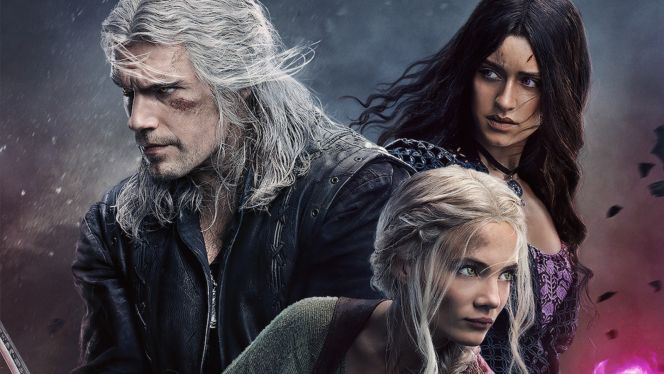
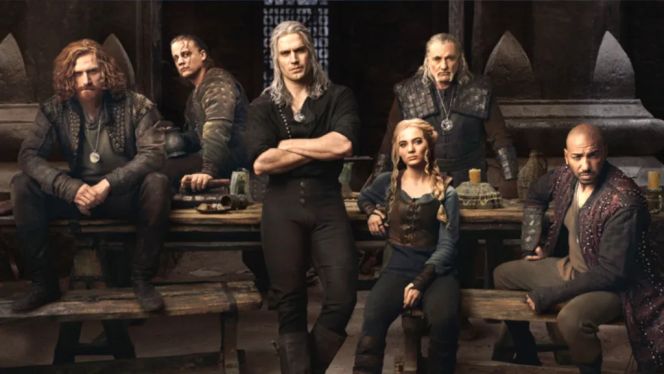
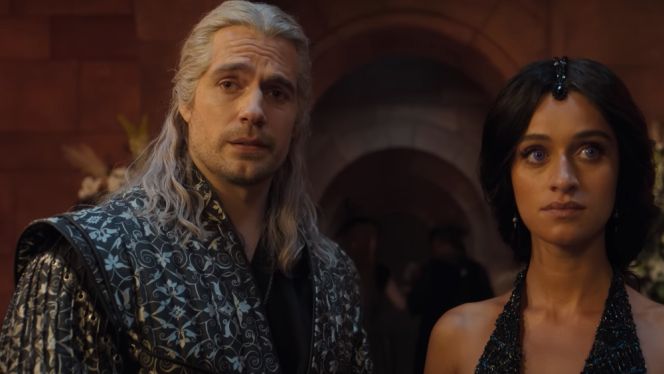
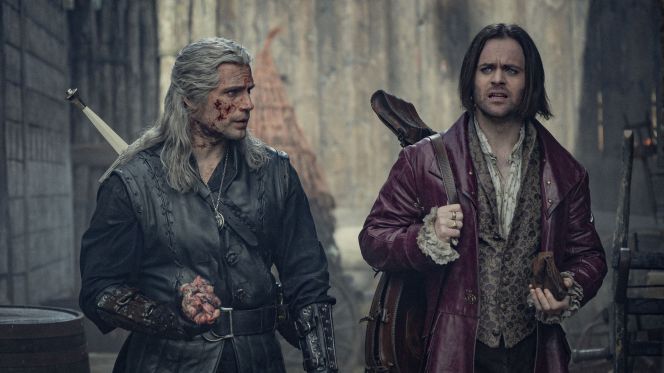

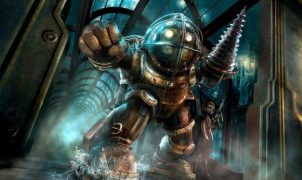

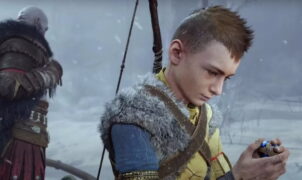


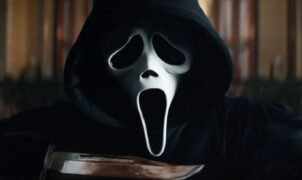
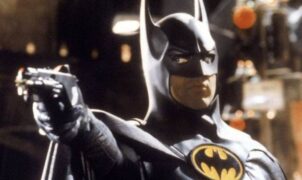


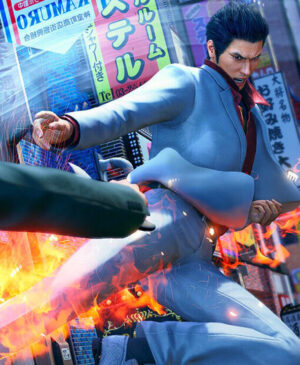
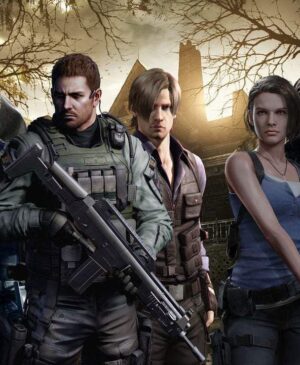
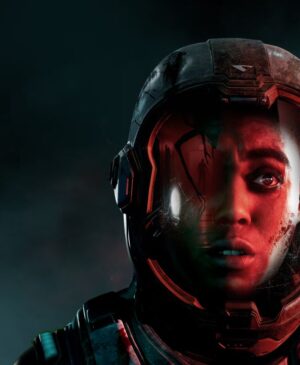

Leave a Reply